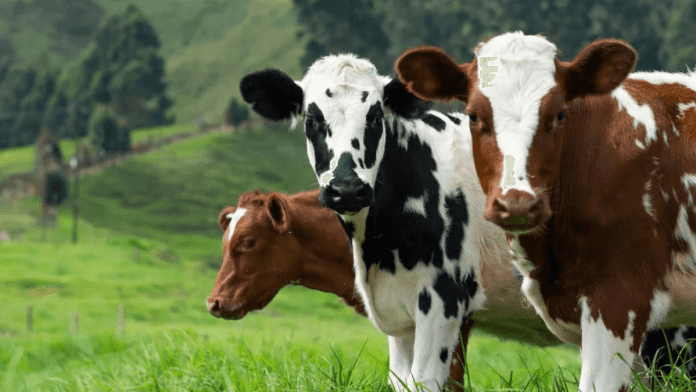News in brief:
– Nigeria’s new Federal Ministry of Livestock Development plans to invest ₦10 trillion over the next decade to enhance the sector and economy.
– Funding will go into nutrition, infrastructure and market development, more in a bid to raise the sector’s GDP contribution from under 1.5% to 10-12%.
The Federal Ministry of Livestock Development (FMLD) could spend ₦10 trillion in the next ten years to improve the industry.
According to the 152-page Inception Report document submitted to President Tinubu, the estimated cost comes from “preliminary desk research work and experiential consultations.” This indicates that the actual cost of implementing necessary changes may be higher when work begins.
The executive summary, signed by Professor Attahiru Jega, the co-chairman of the Presidential Livestock Reforms Implementation Committee, reveals that 30% of the proposed ₦10 trillion will be allocated to providing feed, water, and nutrition to develop the value chain.
Another 30% will be used for developing infrastructure and building capacity, while 12% will be invested in peacebuilding efforts and providing sector security. Enhancing productivity of livestock breeds and managing genetic resources for the first ten years of the ministry’s existence could consume 10% of the financing (₦1 trillion).
Developing markets for products, promoting exports, and improving competitiveness will also require ₦1 trillion. The remaining 8% will be earmarked for other activities that will help the FMLD achieve its mandate.
The FMLD will be seeking government support for 40% of ₦4 trillion over the years, with the federal government responsible for ₦2 trillion, the state government contributing ₦1.4 trillion, and the local governments providing ₦600 billion.
Private sector involvement in taking Nigeria’s livestock subsector to the next level is expected to be significant, as the ministry is relying on the private sector to provide half of the estimated cost for the next decade. Meanwhile, international development partners and donor agencies are expected to invest a trillion naira.
The document mentions a capital market-led ₦5 trillion investment set up by the Lagos Commodities and Future Exchange called the National Livestock Security Fund. This investment targets local direct investors and will support livestock resettlement and development plans.
The ministry could steer the livestock sector towards contributing as much as 10% to 12% to the country’s gross domestic product (GDP) in the next ten years if it is able to institutionalize and sustain the proposed reforms.
It will also put the country on track to achieve net-zero carbon emissions by 2050 through adopting climate-smart practices as well as research, development, and innovation.
With a contribution of less than 1.5% to Nigeria’s GDP in the second quarter of 2024, a boost to 10% would be remarkable if the FMLD achieves it. An average injection of ₦1 trillion every year (₦250 billion every quarter) contributing about ₦12 trillion annually to the economy is a good development plan.
However, it remains to be seen how the ministry will handle these responsibilities when challenges peculiar to Nigeria attempt to thwart its strategies.



